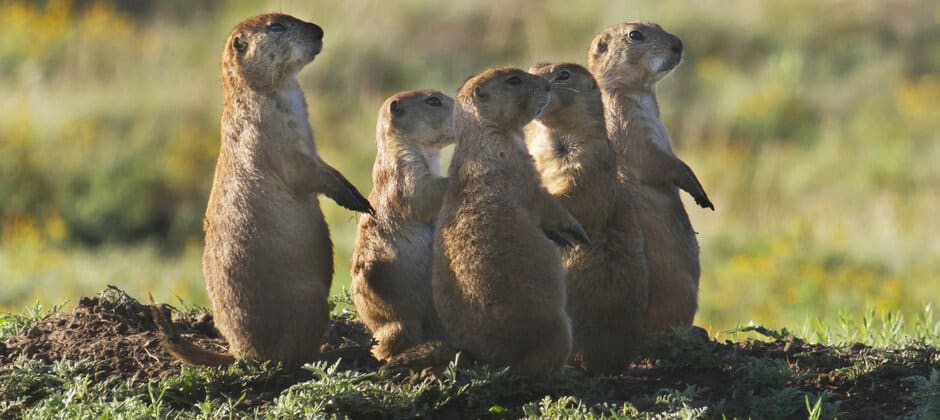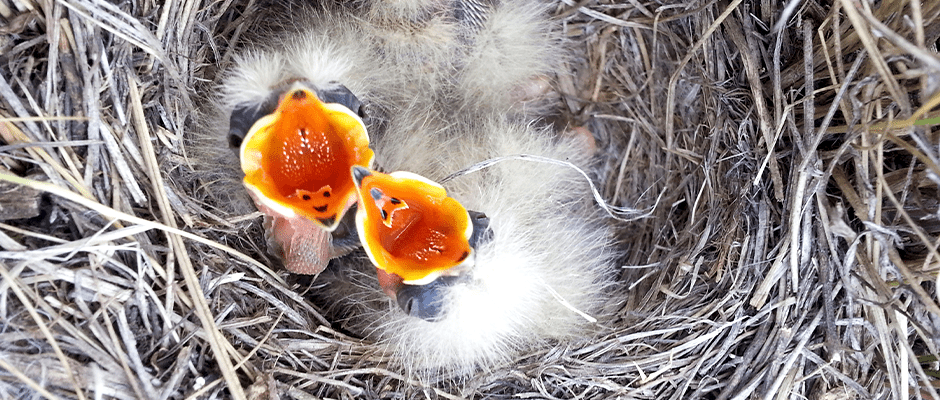- News
-
-
-
-
-
Latest News Articles
- 2024 TWS Elections: Southwest Representative April 25, 2024
- Can these butterflies fill the gap left by their extinct relative? April 25, 2024
- Q&A: TEK and the wildlife profession April 24, 2024
-
-
-
- Wildlife Professional Resources
-
- Our Network
-
- PUBLICATIONS
-
-
Recent Posts
-
 The Wildlife Professional November/December Issue
November 1, 2023
The Wildlife Professional November/December Issue
November 1, 2023
-
-
-
-
-
-
- Wildlife Events
-
-
-
Upcoming Webinars
- No Events
-
-
-
- Who We Are
-
Tag: prairies
October 17, 2022
Crawfish frogs are declining in Arkansas
Large amounts of crawfish frogs seemed to be dying, and researchers weren’t sure why. Chelsea Kross, a quantitative ecologist at the Illinois Natural History Museum, and her colleagues had conducted...

February 7, 2022
Black-tailed prairie dogs aren’t plague reservoirs
Black-tailed prairie dogs seem to be only victims to sylvatic plague, rather than reservoirs for the disease in the grasslands environments where they live. Sylvatic plague is the wildlife version...

June 12, 2018
Birds adapt to novel ecosystems across the world
Conservationists have long called for restoring landscapes as much as possible to the way they were before humans altered them, but they’ve started embracing the idea that nonnative plants can...

June 9, 2016
How songbirds respond to changing weather
Weather data sets and bird surveys from past years in the Badlands and prairie regions of the United States can give researchers clues about the future of songbird species. In...

